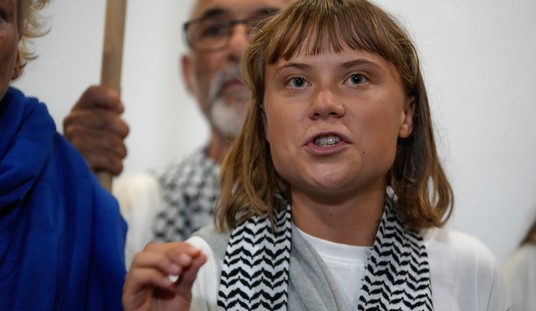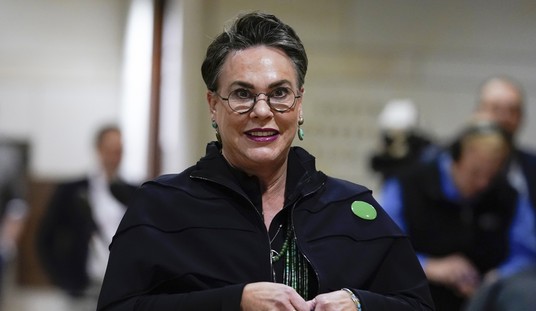
Two days ago, freshman Congresswoman Alexandria Ocasio-Cortez very publicly announced she was quitting the largest social media network in the world and scaling back her use of other services.
In the process, she accused social media of being a “public health risk” that leads to “increased isolation, depression, anxiety, addiction, escapism.”
Like much of what Ocasio-Cortez does, this was all done in a big, public, look-at-me moment that got news media and online communities talking, many of whom nodded and agreed with her assessment of social media, whether or not they actually like her. I won’t be so irresponsible as to give her credit she doesn’t deserve, as the claim is as much borrowed and overblown as about ninety-five percent of literally everything else she puts forward as factual information.
Social media is not some person that walks around, spewing toxic garbage at people. It isn’t the big kid on the playground with the backward hat offering cigarettes to fourth graders. It is a series of services that cater to two types of clients: the Users and the Advertisers.
To her credit, dealing a blow to Facebook by deleting her account there is a good start. Facebook is tremendously irresponsible when it comes to the private data of its users and, had Ocasio-Cortez called them out on that as forcefully as she claimed it was a public health risk, I could be more on board with what she was saying. But she didn’t.
Instead, she wanted to make it seem like social media was the cause for a great many social ills we see today. That simply is not the case. The management of those services certainly leaves a lot to be desired, but the existence of that media does not in an of itself create a moral vacuum and negatively affect the mental health of their millions of users.
There is a not-insignificant portion of the user base of each service that does make them at times completely unusable. What Ocasio-Cortez will never admit is that she, if not a contributing member of that group, is a driving force behind the vitriol that creates the moral abyss that social media can be.
The freshman Congresswoman has quite effectively used social media to drive conversation, as did her role model, Donald Trump. But, more than drive conversation, both Trump and Ocasio-Cortez (as well as countless other “influencers”) have wielded their following in such negative ways that it makes these social media services damn near unusable for the people they direct their ire against.
The idea of this social media “Call Out” culture is not uniquely millennial, but it is utilized with such vapid indiscretion by millennials (and younger!) that you see their frothing masses getting the most attention.
When Ocasio-Cortez tweets something in response to someone, everyone listens. Her following listens, her target listens, her target’s following listens, and the media listens. There is lopsided coverage of these public feuds because, like any business with a digital audience to build and maintain, media must stay on top of the social media community. After all, those who are active on social media tend to be the most active and consistent online readers of many of those outlets.
So, when Ocasio-Cortez, Ilhan Omar, and other media darlings (or media targets, like Trump) send out a social media message directed at someone in a negative way, that gets covered. Do the countless tweets by politicians praising people get near as much coverage? Hardly ever.
It’s not just politicians, mind you. Before politics became its own social media trend, celebrity beefs were (and still are) constantly over-covered by entertainment media. Who do the Kardashians have a problem with this week? Who is trolling the comments of whose Instagram accounts? There are people who could more readily provide this information than they could anything important in the world around them.
There is a not-insignificant number of people who cannot tell you what city Notre Dame is in or why it is in the news this week, but can tell you what celebrity snubbed another on Instagram last week.
But the politicians have become so revered among their cult-like followings that they have often (purposefully or accidentally) set their mobs upon their detractors, creating a negative experience for those who are guilty of nothing more than disagreeing with their particular god or goddess.
Social media is not good, nor is it bad. It is a service and the userbase determines the experience. Or, rather, the user’s control over their interactions determines the experience. There are privacy settings, methods of blocking and reporting abusers, and other tools available to help one maximize their experience.
Don’t blame the ills of society on social media. The responsibility for the cultish mass-mobbing that ruins the experience rests almost entirely on the shoulders of people like Ocasio-Cortez.














Join the conversation as a VIP Member